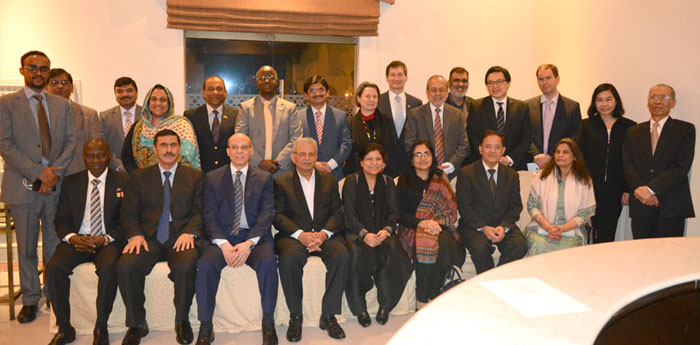A Memorandum of Understanding (MoU) was signed between the United Nations Economic and Social Commission for Asia and the Pacific (UNESCAP), and the Commission on Science and Technology for Sustainable Development in the South (COMSATS) on December 20, 2017. The MoU transpired as a result of contacts established with UNESCO in October this year and a meeting held earlier during the day.
 |
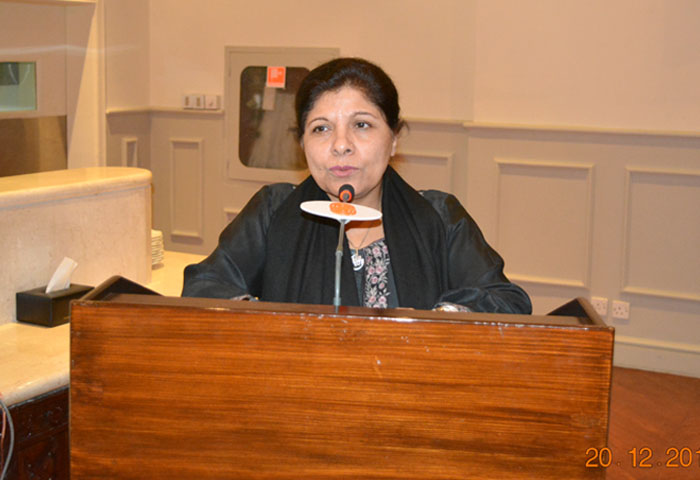 |
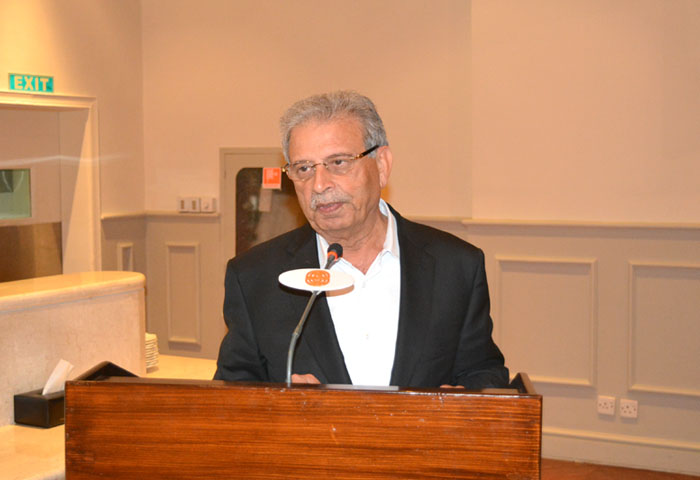 |
The agreement, which aims to promote science, technology and innovation (STI) as key means of implementation to meet the ambitions of the Sustainable Development Goals (SDGs), was signed among a gathering of foreign diplomats and representatives of various government officials of Pakistan during a graceful ceremony in Islama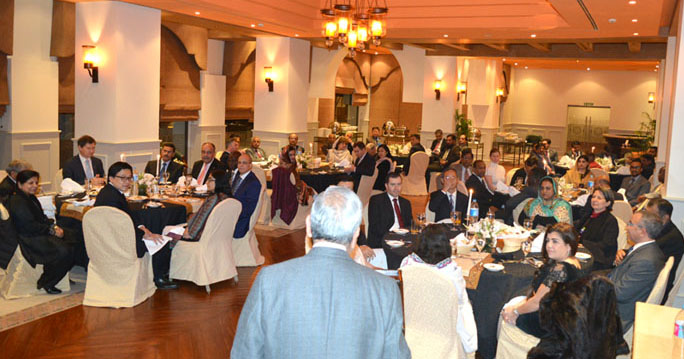 bad. The Executive Director COMSATS, Dr. S. M. Junaid Zaidi, and the Executive Secretary UNESCAP, Dr. Shamshad Akhtar, signed >the agreement on behalf of their Commissions. The Minister for Science of Technology, Government of Pakistan, H.E. Mr. Rana Tanveer Hussain, and the Federal Secretary of the Ministry, Ms. Yasmeen Masood, also graced the ceremony with their presence.
bad. The Executive Director COMSATS, Dr. S. M. Junaid Zaidi, and the Executive Secretary UNESCAP, Dr. Shamshad Akhtar, signed >the agreement on behalf of their Commissions. The Minister for Science of Technology, Government of Pakistan, H.E. Mr. Rana Tanveer Hussain, and the Federal Secretary of the Ministry, Ms. Yasmeen Masood, also graced the ceremony with their presence.
At the signing ceremony, Dr. Zaidi said, ‘Avenues of collaboration between COMSATS and UNESCAP exist in different fields including information technology, biotechnology, fuel cells, and nanotechnology.’ He also mentioned that ‘support and cooperation from organizations like UNESCAP can help COMSATS achieve its goal of sustainable development of its member countries.’
Dr. Shamshad Akhtar, Executive Secretary of ESCAP, said: ‘STI knowledge sharing and collaboration will be critical to ensure that no country is left behind in the frontier technological revolution. This partnership with COMSATS pools together our collective STI resources and expertise to support our respective Member States to chart this future together.’
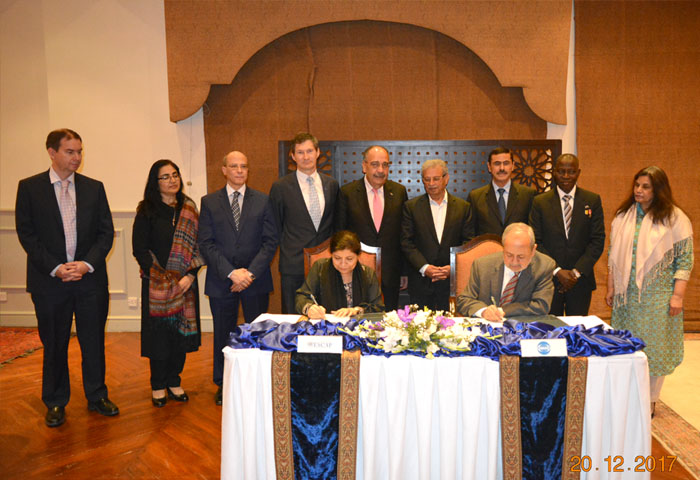 |
 |
H.E. Rana Tanveer Hussain felicitated the two sides on reaching the agreement. He hoped that the two Commissions would complement one another’s work in the fields of climate change, sustainable development, e-health, and ICTs. He appreciated the offer of ESCAP to help COMSATS establish a Climate Change Research Institute in one of its member states with the involvement of UNFCCC.
The MoU will see both parties collaborate on joint research, events, capacity building, and strengthening the COMSATS STI Network of Centres of Excellence; providing comprehensive thought leadership, cooperation platforms and technical and advisory services, to support member countries’ efforts to exploit the potential of STI for sustainable development.

